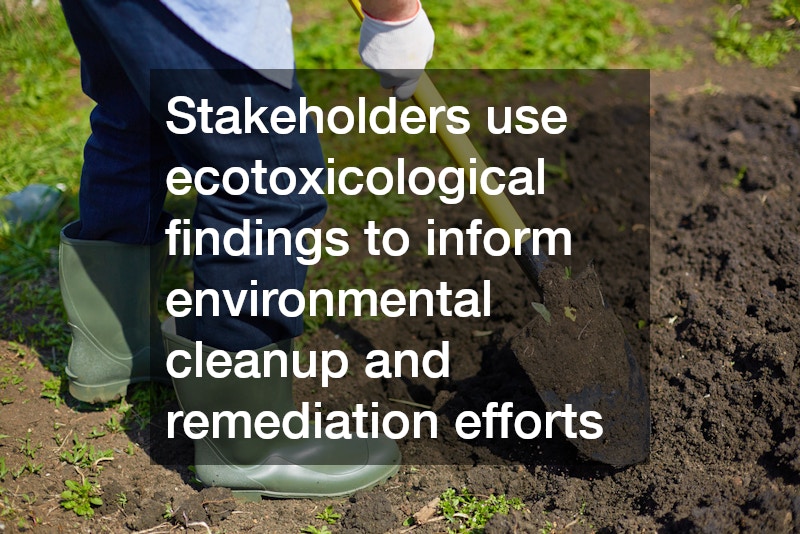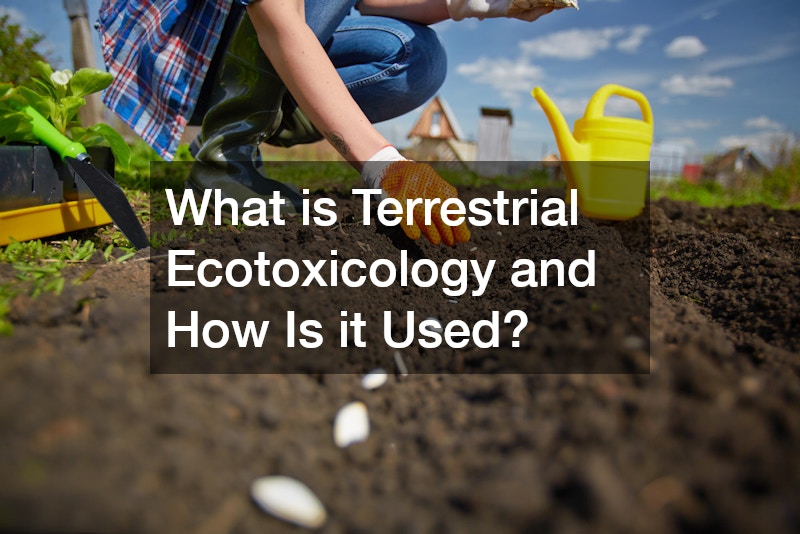The scientific discipline known as terrestrial ecotoxicology is focused on understanding how chemicals and pollutants affect organisms and ecosystems on land. It goes beyond simply identifying harmful substances; researchers also investigate how these toxins travel through soil, plants, and animal populations, often uncovering complex interactions that can influence biodiversity and food webs. Through careful testing and observation, scientists in this field identify potential hazards and assess the risks posed by various contaminants, ranging from pesticides and heavy metals to industrial byproducts.
One of the key applications of this branch of study is the development of regulations and guidelines designed to protect both the environment and public health. Government agencies, non-governmental organizations, and private companies rely on ecotoxicological research to implement safe pesticide usage, manage industrial waste disposal, and guide responsible resource extraction practices. For example, if certain chemicals are found to be harmful to beneficial insects or soil microbes, restrictions on their application may be implemented.

Additionally, stakeholders use ecotoxicological findings to inform environmental cleanup and remediation efforts. By identifying which contaminants persist in soil or groundwater and determining safe thresholds for exposure, experts can recommend strategies such as phytoremediation—using plants to remove contaminants—or soil excavation to contain harmful substances. In this way, terrestrial ecotoxicology plays a critical role in preserving natural habitats, protecting wildlife, and maintaining the overall health of our planet. As industries evolve and new chemicals enter the market, ongoing research remains vital for adapting regulations and ensuring a sustainable future for all terrestrial life.


